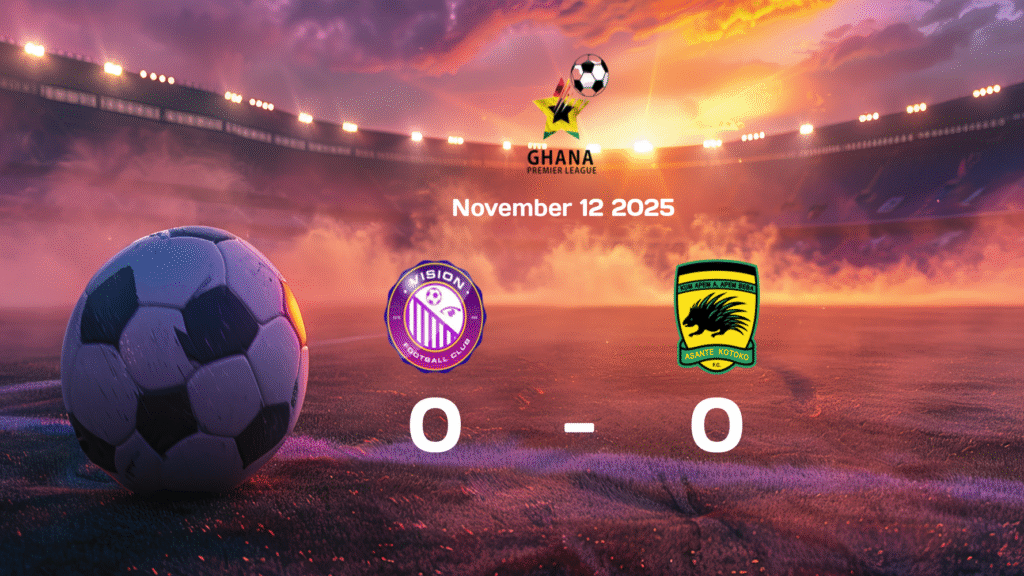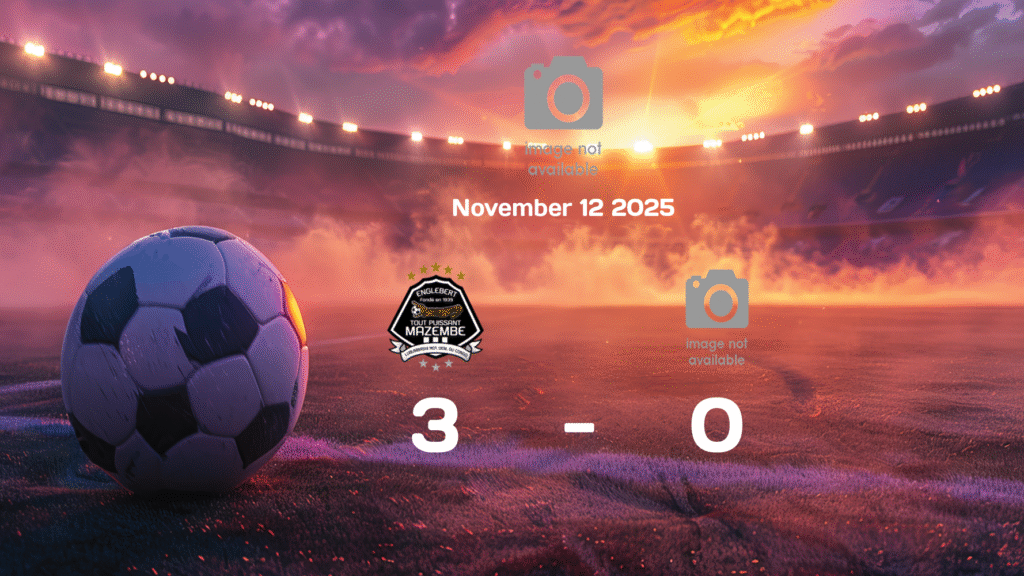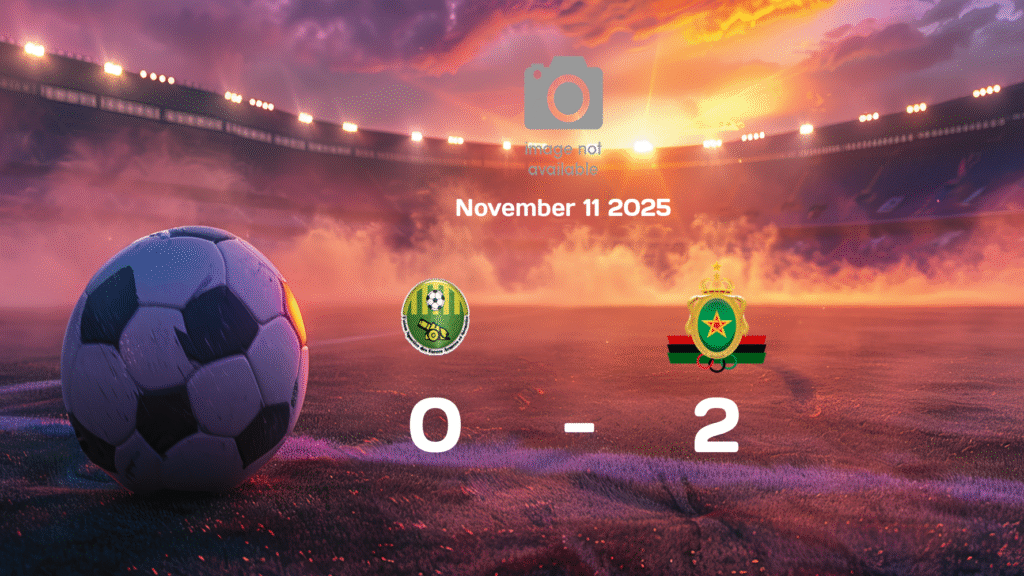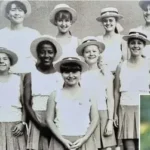South Africa Reflects on 30th Anniversary of Historic Election on Freedom Day
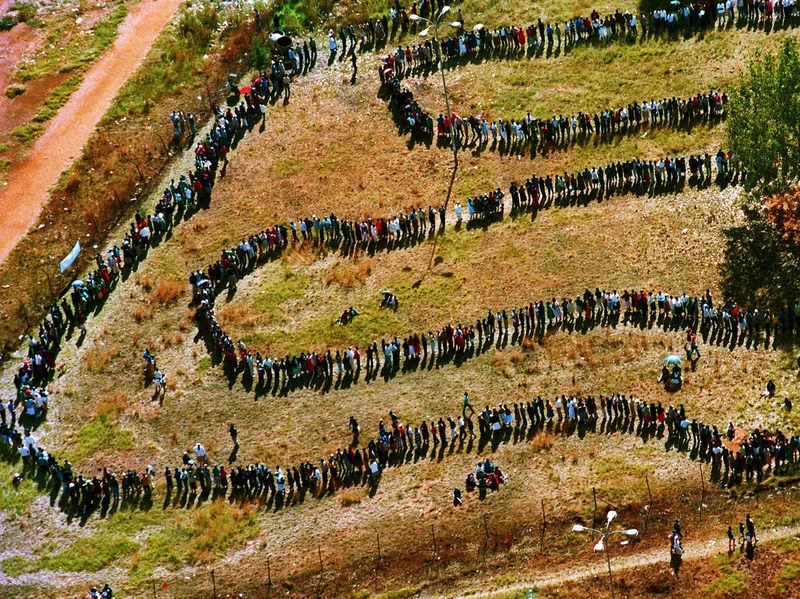
On April 27th each year, South Africa commemorates “Freedom Day,” a solemn remembrance of the watershed moment in 1994 when the nation held its inaugural democratic election, marking the definitive end of the odious apartheid regime.
In this significant milestone, South Africans, spanning generations and ethnicities, cast their ballots in a resounding declaration of self-determination, a fundamental right long withheld by a minority white government.
The historic election, which witnessed the African National Congress (ANC) triumph with an overwhelming mandate, catapulted Nelson Mandela into the presidency, a mere four years following his release from imprisonment.
Here is an encapsulation of the monumental event and the contemporary South African landscape, three decades hence:
**A Defining Moment**
The 1994 election served as the culmination of a transformative process initiated in 1990 by F.W. de Klerk, the last president of the apartheid era, when he stunned the world by announcing the unbanning of anti-apartheid organizations, including the ANC. Mandela’s subsequent release from captivity heralded a new era for the nation, paving the way for his ascension to leadership.
Despite lingering political turbulence and violence in the lead-up to the election, which necessitated a four-day voting window from April 26th to April 29th, the process unfolded successfully, propelling South Africa onto the global stage as a fully-fledged democracy.
**Commendable Resilience**
The election witnessed unprecedented voter turnout, with nearly 20 million South Africans, irrespective of race, casting their ballots—a stark contrast to the mere 3 million white voters in the previous apartheid-era election of 1989. The enduring image of serpentine queues captured by Associated Press photographer Denis Farrell in Johannesburg’s Soweto township encapsulated the unwavering determination of Black South Africans to assert their agency and significance.
In Mandela’s words of triumph, he proclaimed, “South Africa’s heroes are legend across the generations. But it is you, the people, who are our true heroes.”
**Apartheid’s Demise**
The ANC’s resounding victory signaled the demise of apartheid and the birth of a new constitutional order founded on principles of equality, irrespective of race, religion, or sexual orientation. Decades of institutionalized racial discrimination were relegated to the annals of history, as South Africa embarked on a journey of reconciliation and nation-building.
**Reflections on 30 Years**
As the nation marks the 30th anniversary of Freedom Day, President Cyril Ramaphosa, a torchbearer of Mandela’s legacy, will preside over commemorative events at Pretoria’s Union Buildings. However, the euphoria of 1994 has tempered in the face of entrenched socio-economic challenges plaguing contemporary South Africa.
Rampant poverty, staggering unemployment rates—exceeding 32% nationally and surpassing 60% among the youth—underscore the arduous path towards economic inclusion and social equity. Millions of Black South Africans endure life in neglected townships and informal settlements, emblematic of the persistent inequalities that belie the promises of liberation.
**Challenges Ahead**
While the ANC remains synonymous with the liberation struggle, it faces mounting criticism for perceived failures in addressing the multifaceted legacies of apartheid. The daunting task of rectifying decades of systemic oppression underscores the imperative for sustained, inclusive governance to realize the aspirations of all South Africans.
As the nation commemorates Freedom Day, it stands at a pivotal juncture, confronting the complexities of its past while charting a course towards a more equitable and prosperous future.
The journey towards true freedom, it seems, is an ongoing odyssey—one that demands unwavering resolve, collective action, and steadfast commitment to the ideals enshrined on that historic day 30 years ago.






